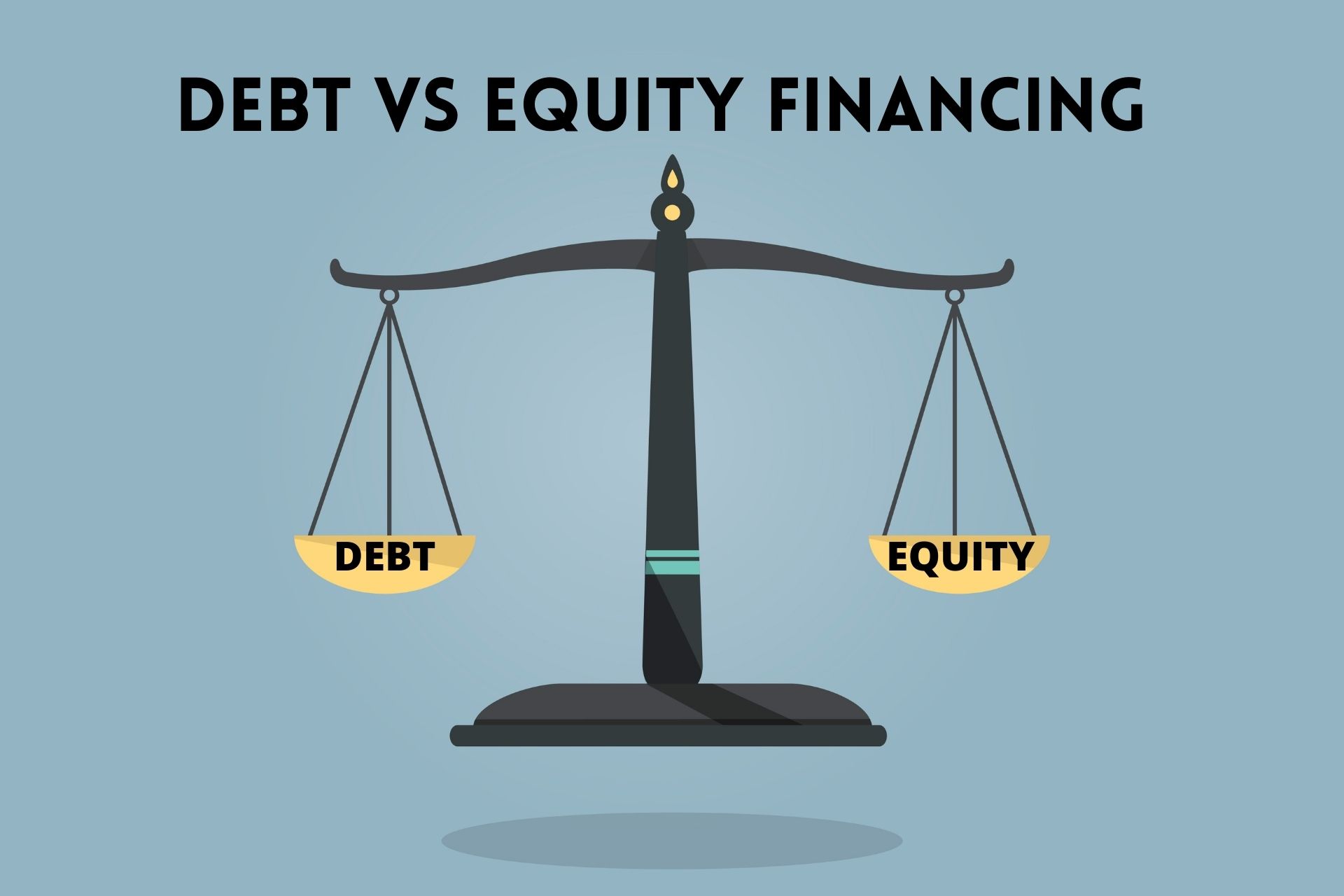

Finance
Climate Finance Definition
Published: October 28, 2023
Discover the meaning and importance of climate finance in the financial world. Learn how finance plays a crucial role in tackling climate change and promoting sustainable practices.
(Many of the links in this article redirect to a specific reviewed product. Your purchase of these products through affiliate links helps to generate commission for LiveWell, at no extra cost. Learn more)
The Definition and Importance of Climate Finance
Finance is a fundamental aspect of our lives, driving economic growth and enabling us to achieve our goals. However, the global challenge of climate change has brought about a crucial need for a specialized form of financial support – climate finance. In this blog post, we dive into the world of climate finance and explore its definition, importance, and how it can help tackle the pressing issue of climate change.
Key Takeaways:
- Climate finance refers to financial flows that are specifically directed towards projects and initiatives aimed at addressing climate change and promoting sustainability.
- The importance of climate finance lies in its ability to enable developing countries, vulnerable communities, and businesses to adapt and mitigate the impacts of climate change.
Understanding Climate Finance:
Climate finance can be defined as financial resources, both public and private, that are mobilized to support activities and projects that contribute to addressing climate change. These activities include reducing greenhouse gas emissions, increasing resilience to climate impacts, fostering renewable energy sources, and promoting sustainable development.
One of the primary goals of climate finance is to bridge the funding gap, ensuring that developing countries have the necessary resources to implement climate change mitigation and adaptation strategies. It also aims to incentivize the private sector to invest in sustainable projects and technologies by providing financial support and reducing risks.
The Importance of Climate Finance:
The urgency to address climate change requires significant financial resources. Here’s why climate finance plays a crucial role:
- Enabling Adaptation and Mitigation: Climate finance provides the necessary funds for developing countries to adapt to the impacts of climate change and reduce their greenhouse gas emissions. It supports the implementation of clean energy projects, sustainable agriculture, and resilient infrastructure, helping communities become more climate-resilient.
- Supporting Vulnerable Communities: Climate change disproportionately affects vulnerable communities, including indigenous populations and those living in low-lying coastal areas. Climate finance helps these communities build resilience against climate-related risks and supports sustainable livelihoods.
- Promoting Sustainable Development: By directing financial resources towards sustainable projects and technologies, climate finance encourages the transition to a low-carbon and climate-resilient economy. This fosters economic growth while minimizing environmental harm.
Conclusion:
Climate finance plays a crucial role in addressing the global challenge of climate change. By mobilizing financial resources towards climate-related activities, it enables the implementation of climate change mitigation and adaptation strategies, supports vulnerable communities, and promotes sustainable development. The availability of climate finance is essential in ensuring that we transition to a more sustainable and resilient future.
For more information on climate finance and its impacts, stay tuned to our Finance category!














